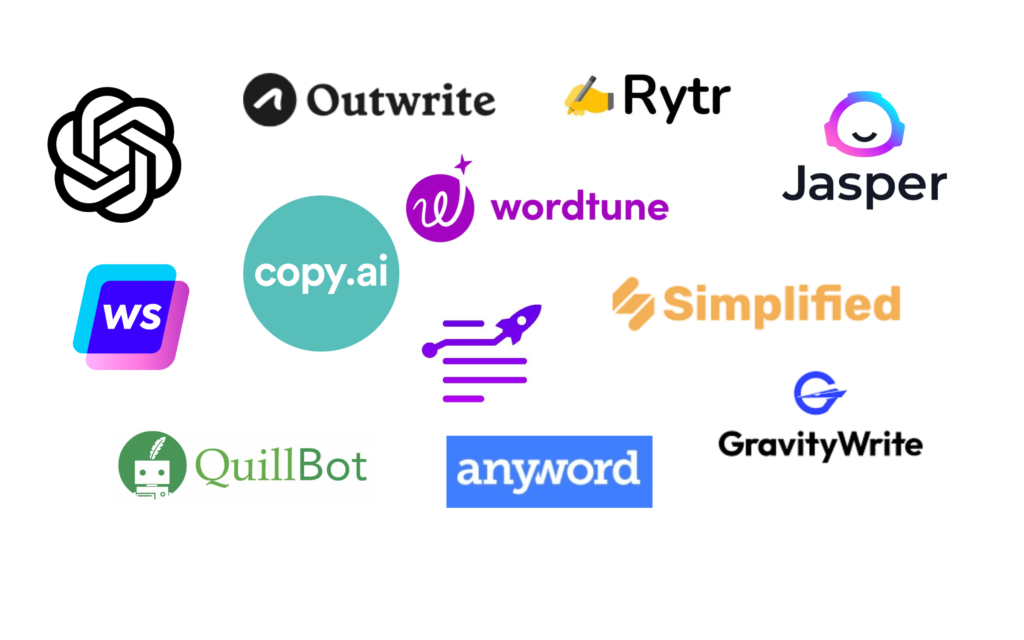Artificial Intelligence (AI) has transitioned from a futuristic concept to a powerful reality, influencing various aspects of our lives and reshaping industries. AI tools are now integral to numerous fields, ranging from healthcare to finance, marketing, and Ai Tools education. In this article, we’ll explore the types of AI tools, their applications, and the implications they hold for the future.
What Are AI Tools?
AI tools refer to software applications and systems that leverage artificial intelligence technologies to perform tasks that typically require human intelligence. These tasks include data analysis, pattern recognition, natural language processing, and decision-making. AI tools can be categorized into several types, including:
- Machine Learning Platforms: These tools enable machines to learn from data and improve their performance over time without being explicitly programmed. Examples include TensorFlow and scikit-learn.
- Natural Language Processing (NLP) Tools: NLP tools facilitate the interaction between humans and machines using natural language. Applications include chatbots and language translation services, like Google Translate and OpenAI’s ChatGPT.
- Robotic Process Automation (RPA): RPA tools automate repetitive tasks in business processes. Platforms such as UiPath and Automation Anywhere are commonly used to enhance efficiency.
- Computer Vision Tools: These tools analyze and interpret visual data from the world, enabling applications like facial recognition and autonomous vehicles. Examples include OpenCV and Amazon Rekognition.
- Predictive Analytics Tools: By using historical data to predict future outcomes, these tools assist in decision-making across industries. Notable examples include IBM Watson and SAP Predictive Analytics.
Applications of AI Tools
1. Healthcare
AI tools are revolutionizing healthcare by enhancing diagnostics, personalizing treatment plans, and improving patient outcomes. For instance, AI algorithms can analyze medical images to detect diseases at early stages, significantly increasing the chances of successful treatment. Virtual health assistants and chatbots help patients manage their health and navigate the complexities of healthcare systems.
2. Finance
In the finance sector, AI tools are employed for risk assessment, fraud detection, and algorithmic trading. Machine learning algorithms analyze vast amounts of financial data to identify patterns and trends, enabling better investment strategies and minimizing risks. Robo-advisors provide personalized financial advice based on individual preferences and risk tolerance.
3. Marketing
AI tools are transforming how businesses approach marketing. By analyzing consumer behavior and preferences, AI-powered platforms enable targeted advertising and personalized content delivery. Tools like HubSpot and Marketo use machine learning to optimize campaigns, improving engagement and conversion rates.
4. Education
In education, AI tools enhance learning experiences through personalized tutoring and adaptive learning systems. Platforms like Duolingo use AI to tailor lessons to individual learners’ needs, ensuring a more effective educational experience. Additionally, AI can automate administrative tasks, allowing educators to focus more on teaching.
5. Manufacturing
AI tools optimize production processes by predicting maintenance needs and improving supply chain management. Predictive maintenance powered by AI can significantly reduce downtime and operational costs, while intelligent robotics enhance productivity on the assembly line.
Challenges and Considerations
While AI tools offer significant advantages, they also pose challenges and ethical considerations. Issues such as data privacy, algorithmic bias, and job displacement are important factors to address. Organizations must implement AI responsibly, ensuring transparency and fairness in their AI applications.
Moreover, as AI continues to evolve, there is a growing need for a skilled workforce adept at working alongside these technologies. Education and training programs must adapt to prepare individuals for the future job market, which will increasingly rely on AI competency.
The Future of AI Tools
The future of AI tools is bright and promising. As technology advances, we can expect even more sophisticated tools that integrate seamlessly into our daily lives. Innovations in generative AI, such as content creation and design, are on the horizon, potentially transforming creative industries.
Furthermore, the collaboration between humans and AI will likely lead to enhanced productivity and innovation. By harnessing the strengths of both, we can tackle complex challenges and create solutions that benefit society as a whole.
Conclusion
AI tools are reshaping industries and redefining how we interact with technology. As they continue to evolve, understanding their capabilities, applications, and implications will be crucial for individuals and organizations alike. Embracing AI tools responsibly can unlock new opportunities and drive progress across various sectors, paving the way for a more efficient and innovative future.
